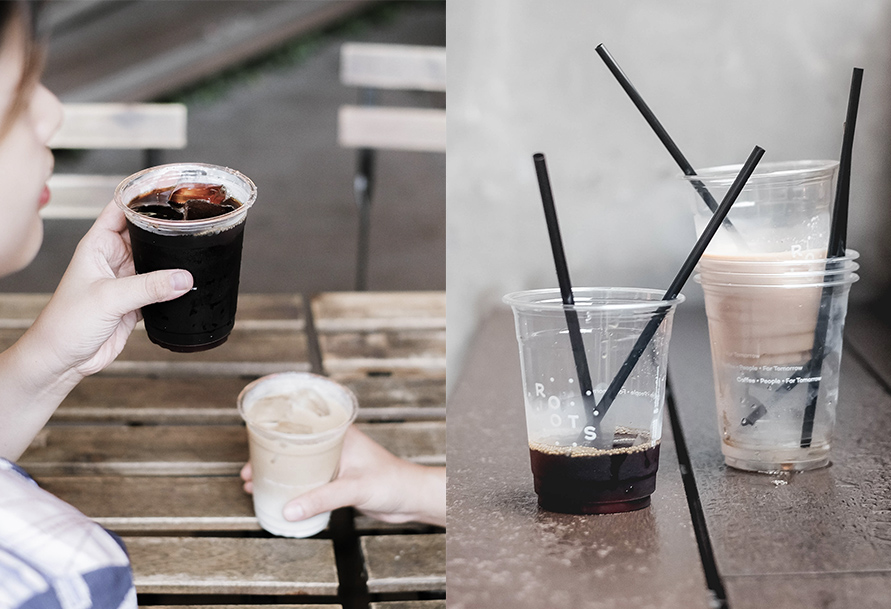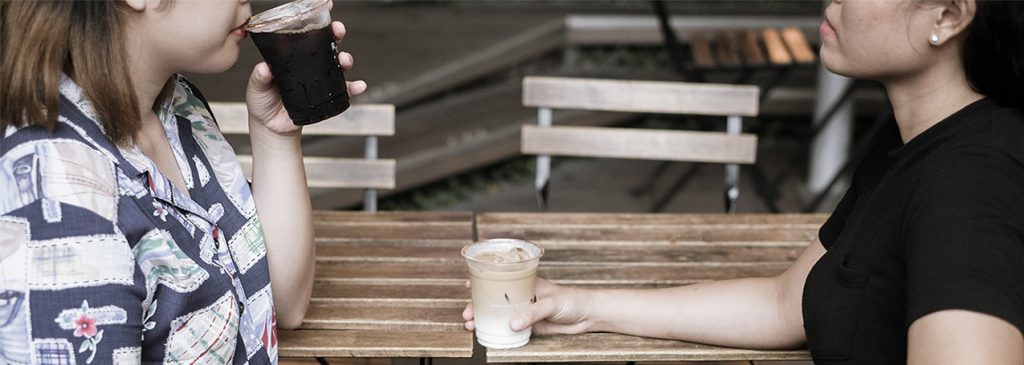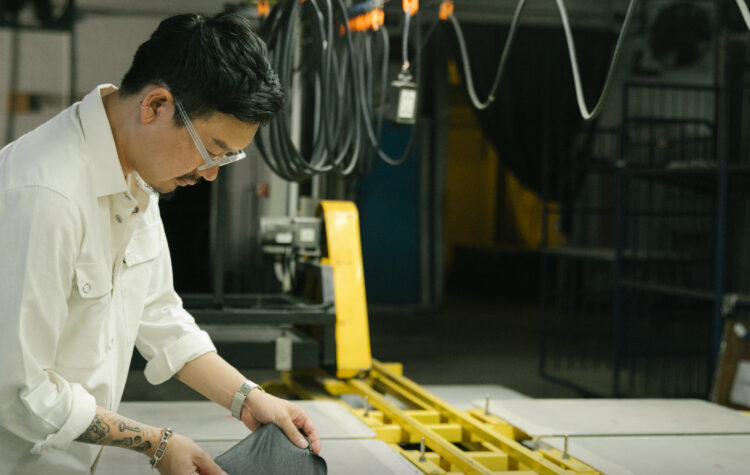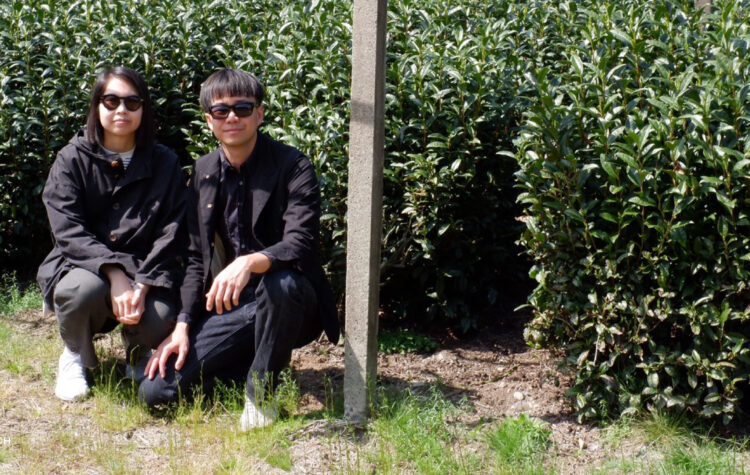“Why do we need to reduce the use of plastic straws?” is probably the question that pops up in your mind lately when spotting any no-straw campaigns.
The problems caused by plastic straws might seem like distant problems. However, once you start paying attention, you will understand how this issue is becoming more and more critical.

“Why do we need to reduce the use of plastic straws?” is probably the question that pops up in your mind lately when spotting any no-straw campaigns. The purpose of these campaigns may contradict your familiarity since using drinking straws is part of almost every kind of iced drinks, from your favorite soda to old-fashioned iced coffee.
The problems caused by plastic straws might seem like distant problems. However, once you start paying attention, you will understand how this issue is becoming more and more critical. When talking about plastic pollution, people tend to blame plastic bottles first. But plastic straws are also a big threat to our planet, and that’s certainly not good news.
At our stores, we notice that the garbage is usually stuffed with plastic coffee containers and straws. We believe this is normal at other coffee places as well. Plastic straws are always handed over to every customer who orders an iced drink. It will surely be useful for a few minutes, or maybe for another hour, while customers enjoy their drinks. But soon it will unavoidably become a waste.
Although plastic straw is considered as a modern invention, the use of straws can be traced back to about 5,000 years ago when the ancient Sumerians used it to drink beer. Their straws were made from gold or metal and put into big beer barrels. For them, the straws could tell the social status of its owners: the longer, the wealthier.
Those who love using bendable straws should thank Joseph Friedman who invented it in 1937. He came up with this idea after seeing his daughter having difficulty drinking milkshake from a straight straw. He finally created a bendable straw that was soon popular, especially among patients in hospitals because Friedman’s creation allowed them to drink water without having to get up from their beds.
The number of plastic straw suppliers has increased from the demand of customers around the world. There are billions of plastic straws manufactured each year. According to data from Plastics Europe, one of the biggest plastic manufacturers in the world, in 2015 they produced 322 million tons of plastic goods. The number jumped to 336 million tons in 2016.

Seattle is the first big city to ban plastic straws and the city is not alone in this battle. In Australia, single-use lightweight plastic bags are banned in most states and territories by July 1 this year. The Australian government tries to reduce environmental damage by encouraging people to use reusable bags. The campaign has been successful so far.
Sweden is another great example. The country reuses almost all of its general waste and transforms the waste into electric power for about 810,000 households. Since its start, the project has been so successful that in 2016 Sweden was short of waste and needed to buy it from other countries in Europe.
Not far from Thailand, Taiwan is another country that works hard in fighting with plastic waste. Earlier this year, the country announced its plan to ban single-use plastic bags, containers, and straws. The ban will be fully implemented by 2030. As part of this plan, major chain restaurants have to stop providing plastic straws for in-store use from 2019. And from 2025, customers who still prefer to use single-use plastic items will have to pay extra for their convenience.
Currently, many of the top companies are showing their responsibilities after the concern in this problem has increased during the past few years. The environmental problems caused by single-use plastic items have become more apparent: the waste has killed a large number of sea creatures and affected the marine ecosystem.
The biggest problem at this moment is how we are going to deal with plastic waste. As a small coffee place, we want to be part of the change by offering you alternative straws made from materials that are easy to decompose. These straws will reduce plastic waste. Also, we encourage you to try skipping the straw and drinking straight from the cup.
By doing so, a better taste of coffee will be your reward.











